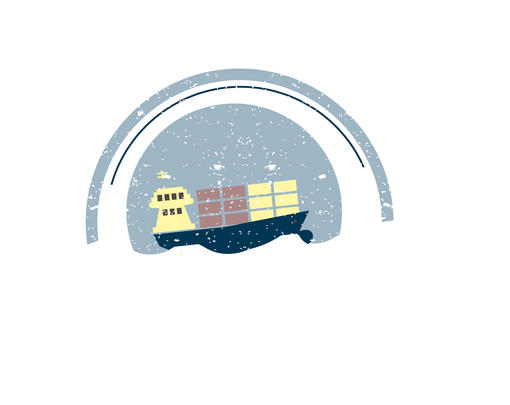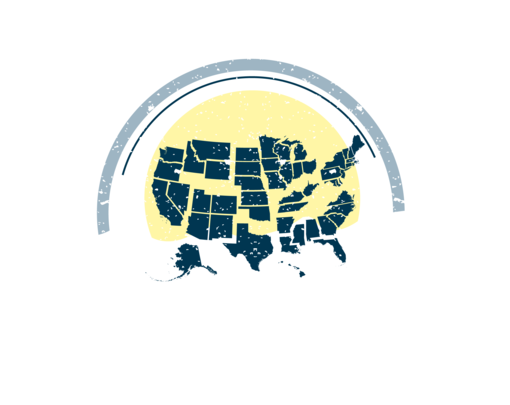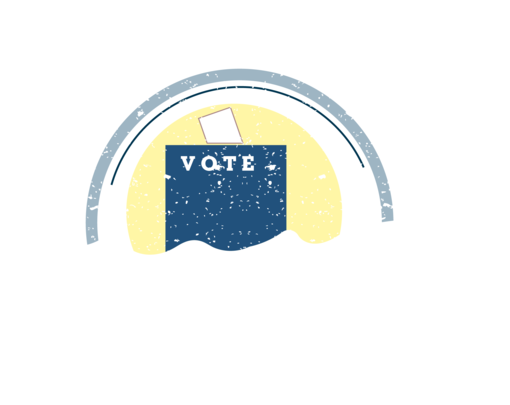Why are new forms of public economic institutions important at certain critical levels of scale in the Pluralist Commonwealth?
When we acknowledge that OWNERSHIP is a key determinant of where power resides in any system, it is clear that a rigorous conception of a robust and democratic public sphere depends to a significant degree on the development of democratic forms of ownership. Otherwise, broadly speaking, concentrated forms of private wealth that are inimical to the egalitarian and democratic exercise of collective power are likely to continue to set the terms of reference of all too many critical choices. Cooperative and community owned institutions insofar as they democratize wealth, represent forms of ‘public’ ownership conceived in the very broadest sense. There are, however, certain functions and scales for which public ownership of economic institutions in the explicit meaning of public are increasingly important. For instance, there are clear advantages to approaching the provision of basic utilities, like electricity and water, but also banking and health care, through public institutions, accountable to the entire community via formal and universal mechanisms of democratic governance. On the other hand, for many sectors, like heavy manufacturing or finance, efficiency concerns may dictate a scale of operation that is simply too large to be meaningfully governed at a community level and whose outsized social impacts argue against pure worker ownership. For the most systemically important sectors of economic activity, where power is concentrated, public or joint community-worker-public-ownership at the national or REGIONAL level are important Pluralist Commonwealth institutional strategies.
What are the key challenges for public ownership?
The most important design challenge for public ownership is to invent forms of governance that successfully navigate between the Scylla of BUREAUCRATIZATION and the Charybdis of overpoliticization. Technocratic autonomy of a public enterprise can insulate it from some of the risks of corruption and mismanagement concomitant with political influence—but autonomy also insulates the institution from effective citizen control over goals and outcomes. The Tennessee Valley Authority (TVA) in the United States is illustrative here. Its relatively autonomous management and governance has made it a remarkably durable institution of large-scale regional public ownership in the United States. But it has also been criticized for an undemocratic, top-down decision-making structure with little input from the communities affected by its policies and projects. New hybrid forms—like joint ownership between the public as a whole (defined nationally or regionally), and workers or community-based organizations, are likely to offer new ways to ensure both accountability and efficiency of larger forms.
Where are communities organizing elements of public ownership in the economy? What precedents exist that can be built upon? What are some new ideas for creative development?
As noted in ECOLOGY and EVOLUTIONARY RECONSTRUCTION AND DISPLACEMENT, in Boulder, Colorado, activists are waging a campaign to remunicipalize their city’s electrical power system. For the ecologically-minded and community-involved, public ownership provides a way to accelerate the city’s transition to renewable energy—a transition that Boulder’s citizens felt the existing market-driven corporate utility was refusing to take seriously.1 Through public ownership, direct citizen control of the operation of the power company can be institutionalized, and public priorities will not have to compete with corporate dollars as now happens when the community advocates for new regulations.
In many cities and states, citizen activists have been able to create publicly owned cable systems as alternatives to Comcast and other systems. Communities across Colorado are passing referenda to exempt themselves from a statewide law which precludes communities from using publicly owned fiber optic assets to provide internet services to businesses, community members, and tourists.2 Over 50 communities have now opted out of the anti-competition bill in order to allow public WIFI and broadband access.3
Nationally, public forms of enterprise are extremely common (though rarely discussed). For instance, if one adds up all the housing, crop insurance, and other lending authorities within the Department of Agriculture, taken together they constitute what Secretary of Agriculture, Tom Vilsack, has characterized as “the seventh largest bank” in the United States.4 The Export-Import Bank of the U.S., which helps finance American exports, is also a well-known socialized bank—in this case one that works for American businesses exporting goods. To give a sense of its activities, in recent years, the Export-Import Bank has authorized more than $15 billion in annual transactions and has a portfolio of more than $100 billion.5 6 The Small Business Administration, to take another example, supports lending in the range of $20-30 billion annually. The National Cooperative Bank provides loans and banking services to cooperatives and member-owned organizations. It has investments worth $4 billion.7 In addition, the federal government—with programs supporting housing, education, farm, and business loans totaling $2.3 trillion dollars in 2010—has been called “the biggest and most influential financial institution in the world,” by the Brooking Institute’s Elliot Douglas.8
An important new proposal involves the push to leverage the physical assets of the US Postal Service to launch a public savings bank with branches in post offices throughout the country. The intent is partly to provide a new revenue stream to help maintain efficient mail delivery services, but even more importantly, it is to actively use the Postal Service’s existing public enterprise outlets in virtually every community to address so-called banking deserts. Since market-driven corporations commonly refuse to establish bank branches in low-income and rural communities9 (which are then regularly plagued by exploitative cash-checking services and payday lenders) public enterprise in the form of public postal savings banks can be a powerful mechanism for a more inclusive economy. From 1910 until the mid-1960s, the US maintained a postal banking system, which served unbanked and underbanked Americans, helping establish savings for low-income, immigrant, and rural families. The postal banking system has also been credited for stabilizing the banking sector during the years of the Great Depression.10 As a trusted public enterprise with branches across the nation in underserved rural and low-income communities abandoned by for-profit banks, establishing a public postal banking system in the US may once again prove to be a powerful strategy for democratizing banking.
See also:
BUREAUCRACY, ECOLOGY, EVOLUTIONARY RECONSTRUCTION AND DISPLACEMENT, OWNERSHIP, REGIONALISM
Further reading
Andrew Cumbers, Reclaiming Public Ownership: Making Space for Economic Democracy (New York, NY: Zed Books, 2012).
Gar Alperovitz and Thomas Hanna, “Beyond Corporate Capitalism: Not So Wild a Dream,” The Nation, May 22, 2012.
Gar Alperovitz and Thomas Hanna, “Socialism, American-Style,” The New York Times, July 23, 2015.
Mehrsa Baradaran, How the Other Half Banks: Exclusion, Exploitation, and the Threat to Democracy (Cambridge, MA: Harvard University Press, 2015
- 1 “Energy Future: Goals and Objectives,” City of Boulder Colorado, accessed November 9, 2016.
- 2“Mancos Voters the Latest to Decide Local Authority In Colorado,” Institute for Local Self-Reliance, March 25, 2016, accessed November 9, 2016.
- 3“Mancos Voters the Latest to Decide Local Authority In Colorado,” Institute for Local Self-Reliance, March 25, 2016, accessed November 9, 2016.
- 4Gary Childes, “USDA Secretary Vilsack promotes rural housing program,” Aledo Times Record, June 3, 2009, accessed August 25, 2016.
- 5Shayerah Ilias Akhtar, Export-Import Bank: Overview and Reauthorization Issues (Washington, DC: Congressional Research Service, March 25, 2015), accessed November 9, 2016
- 6Export-Import Bank of the United States, Annual Report 2015 (Washington, DC: Export-Import Bank of the United States), accessed November 9, 2016.
- 7 “The NCB Story,” National Cooperative Bank, accessed November 9, 2016.
- 8Elliot Douglas, Uncle Sam in Pinstripes : Evaluating U.S. Federal Credit Programs (Washington, DC: The Brookings Institution, 2011), 1.
- 9Gosia Glinska, “Fighting Financial Exclusion: How to Serve 88 Million Americans Who Have No Bank,” Forbes, June 5, 2015, accessed November 9, 2016.
- 10Mehrsa Baradaran, How the Other Half Banks: Exclusion, Exploitation, and the Threat to Democracy, (Cambridge, MA: Harvard University Press, 2015), 183-209.





























